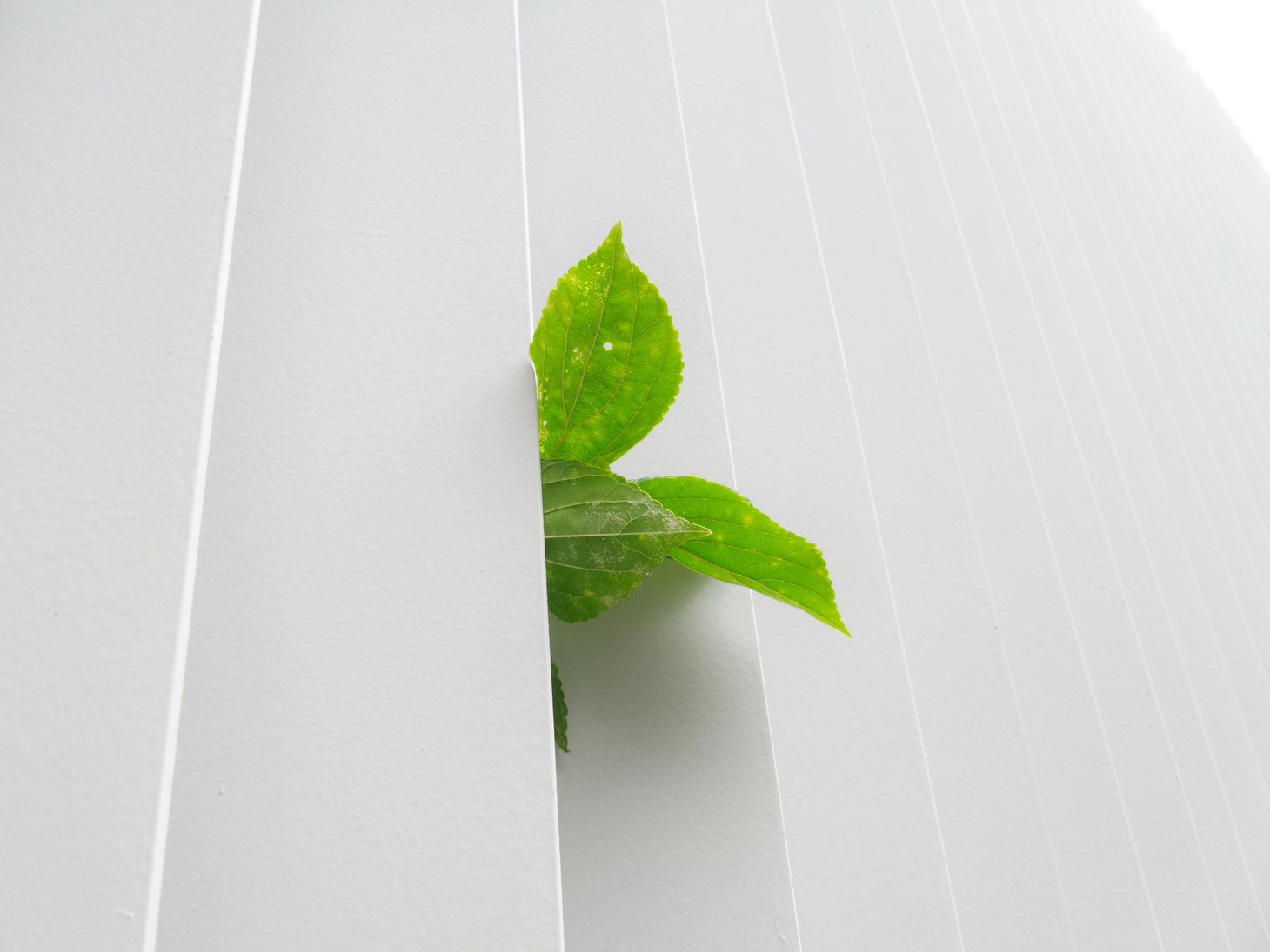Everyday Radicalism
Does calling our actions "radical" or "revolutionary" make us feel better about ourselves?

B.D McClay points out how everything we do is being reframed as political.
Rest is a radical act. Cooking is a revolutionary act. Joy is an act of resistance. Savoring a pleasant moment is a radical act. Excellence is an act of resistance, but so is procrastination. Being thankful is — you guessed it — a radical act. Reading is a radical act. Ted Lasso is not, itself, a radical act, but it does provide “radical optimism,” which is almost as good. These are descriptions culled from a variety of sources, from Apartment Therapy to the New York Times. The verdict is in: the most radical thing you can do is probably the thing you were going to do already.
McClay goes on to point out that actions can have their own intrinsic rewards. You don't have to couch them in the language of revolution to enjoy them without guilt. The things that are typically the building blocks of our everyday lives are not, in essence, revolutionary.
Reading will not cause you to wind up in jail. There are still enough books being sold to assure us that reading is not a radical act and still being done by a decent percentage of the population. It may be countercultural to read instead of binging the latest Netflix series, but it's hardly radical.
The primary definition of radical from Merrium-Webster:
Counterculture
You are not going to become a revolutionary because you are thankful, or because you brush your teeth or savor a pleasant moment. However, in following some traditions, while they may not be radical, may be make you countercultural in contemporary Western society. In my bio, I mention "Christianity as counterculture." What I'm referring to are practices like observing the Sabbath (through rest and worship). I used to go to Trader Joe's on my way back from church on Sundays. A sizable number of people there were in workout gear. To say our physical health is more important to us than our spiritual health these days would be to state the obvious. Therefore, Sabbath observance, once upon a time effectively enforced by the laws of the land, is now countercultural. It's not radical, though. I think too many writers are missing the difference.
Calling Actions Radical Makes Them Sound More Noble
I recently came across a piece for the NYT titled Divorce Can Be An Act of Radical Self-Love. I'll set aside the many problems with the piece and focus on the title and premise. In many instances, divorce can be an act of self-love. You don't get to call something roughly half of the married population do "radical," though. It may make your self-serving actions sound better intentioned than they really are, but that's simply a semantic trick. Articles like these are diminishing the word certainly of its usefulness and probably of its very meaning. At least when "radical" was slang in the eighties, it meant something was extraordinarily cool. Even then, it wasn't so brutishly abused as it is now.



